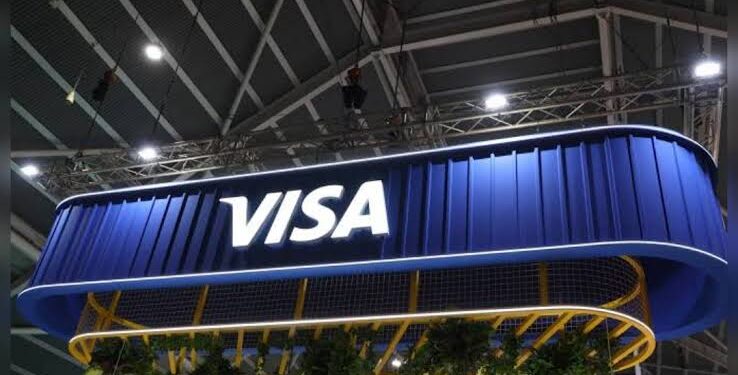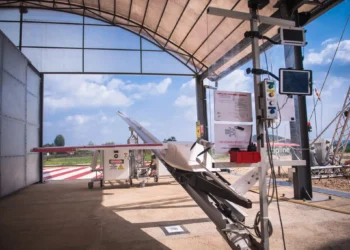Visa began operations at its first-ever data centre in Africa, located in Johannesburg, South Africa, marking a strategic move in its broader $1 billion investment plan across the continent announced in 2022. Over the next three years, Visa plans to dedicate around R1 billion (approximately $57 million) to build local infrastructure that supports innovation and financial inclusion.
Michael Berner, Visa’s head for Southern and East Africa, called the data centre one of the rare facilities outside its core global locations in the U.S., UK, and Singapore. He said it reflects Visa’s firm belief in South Africa’s long-term digital future. Lineshree Moodley, Country Manager for Visa South Africa, emphasized that building on South African soil allows Visa to “innovate with inclusion in mind” and position the nation as a testing ground for digital banking solutions across the continent.
Local Processing Drives Speed, Security, and Sovereignty
Until now, Visa routed African transactions through overseas data centres, which introduced latency and security risks. By establishing local infrastructure, Visa slashes transaction delays, boosts uptime, and strengthens fraud control which are all critical to driving trust in digital payments. This shift also reduces reliance on foreign systems and enhances South Africa’s financial sovereignty. The new centre stands as a foundational pillar in powering inclusion, innovation, and economic resilience across South Africa and its neighbours.
Johannesburg: Strategic Launchpad for African Expansion
Visa chose Johannesburg not by chance. The city ranks as Africa’s largest and most mature data centre ecosystem, hosting major players such as AWS, Microsoft, Teraco, and Equinix. Beyond infrastructure, South Africa benefits from a robust financial system, regulatory sophistication, and high contactless-payment adoption—over 60% of in-person payments now go contactless. The facility will serve not only South Africa but also Visa’s markets across southern and eastern Africa, making Johannesburg a strategic operations hub.
Building a Platform for Digital Ecosystem Growth
Visa executives painted the centre as more than just a technical project, it’s a launchpad for continent-wide fintech expansion. The investment will create jobs, support entrepreneurs and small businesses, and undergird financial literacy and inclusion initiatives, especially among female leaders and underserved communities. The move also strengthens VisaNet, its global processing network handling over 100 billion transactions annually across 200 countries.
Furthermore, this milestone signals Visa’s commitment to deploying emerging technologies like generative AI into payments—and suggests accelerating rollouts of locally tailored solutions.
What This Investment Means for Africa’s Digital Future
Visa didn’t just erect a building, it cemented a strategic foothold in Africa’s fintech future. The local data centre allows Visa to champion low-latency services, smoother cross-border payments, and compliance with data-localization regulations all while encouraging international players to invest locally. It also sends a strong signal that Africa is not merely a growth market, it’s a foundational pillar in Visa’s global payments infrastructure.
By investing in physical capacity, regulatory alignment, and ecosystem integration, Visa is stepping into a new era. As Africa chases a digital financial revolution, the companies that build the rails, not just the services, will define its future.




